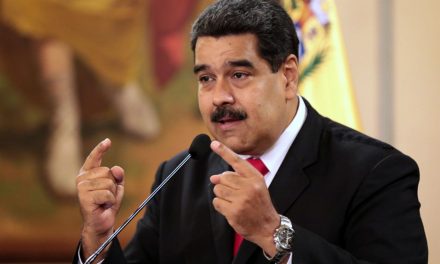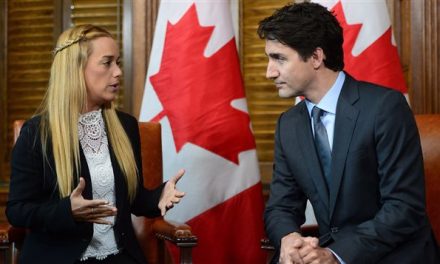February Traumas: The Third Insurrectionary Moment of the Venezuelan Right
By Jeffery R. Webber and Susan Spronk
“Today the counter-revolutionary Right is reactivating itself,” according to long-time Venezuelan revolutionary Roland Denis, “taking advantage of the profound deterioration that this slow revolutionary process is suffering. Its reappearance and interlacing with ‘democratic civil society’ is a clear signal to the popular movement that we either convert this moment into a creative and reactivating crisis of the collective revolutionary will, or we bid farewell to this beautiful and traumatic history that we have built over the last 25 years.”
For seasoned observers of Venezuelan politics, the events of the past week are a disheartening repetition of opposition-led resistance efforts that have yet again sought to undermine political stability in the country. This is not the first time in recent history that the opposition has resorted to “extra-parliamentary” tactics, including violence, to push their political agenda. Nor is it the first time that the mainstream media has provided generous airtime to opposition demonstrations in Caracas, repeating the sob stories of upper class Venezuelans “repressed” by the government because they cannot find toilet paper on the store shelves, or in a more laughable episode, ingredients to bake a cake.
As with most situations in which there has been a violent conflict over who controls the reins of the state, it is possible to find fault on both sides. As a February 22nd report by the Centre for Economic Policy Research notes, “the political allegiances” of the victims of the violence so far “and their causes of death are varied.” Of the eight deaths, two of the responsible assailants might be linked to the government, including a SEBIM agent (the Venezuelan intelligence service) who was not authorized to be at the protest. The head of SEBIM was subsequently fired and there is a warrant out for arrest of the agents who fired the shots.





